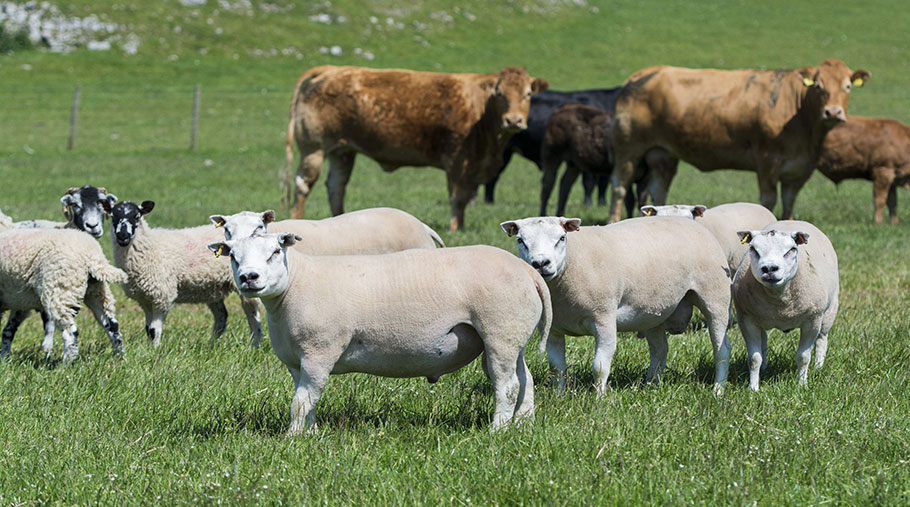Brexit could mean more farm renting opportunities
 © Wayne Hutchinson/REX/Shutterstock
© Wayne Hutchinson/REX/Shutterstock A domestic agriculture policy could see big shifts in land use and significantly more rental opportunities after the UK leaves the EU.
Leaving will bring a more challenging and a more commercial environment for farming, with a focus on margin more than cashflow, says Jeremy Moody, secretary and adviser to the Central Association of Agricultural Valuers.
As a result, the commercial realities of farming will focus rental values more on the productive capacity of land, with farmers becoming more discerning about what ground they take on new tenancies and what land they continue to farm, says Mr Moody.
See also: Top 8 farm tenancy issues and how to resolve them
“Expect a £60-£80/acre cut in margin from the state by 2024 or 2025,” he suggests. “At a rough guess, this will mean about £1bn less margin from farming in England.”
Net margin not gross cashflow
This will have be offset, if possible, by business changes which reduce cost or recover margin. In doing this, farmers will have to watch net margin, not gross cashflow, advises Mr Moody.
Decisions about the business approach for land occupation and farming structures will become more dynamic, driven by the commercial potential from commodity and niche markets or by the opportunities under the new domestic farm policy for fulfilling other requirements such as environmental public good.
“Restructuring has commonly meant existing businesses getting larger, but that is not inevitable for the future.
“The removal of farm support is likely to focus attention on margin more than cashflow, with businesses spreading their sources of income or specialising more to boost profitability,” he says.
Some will find under the new regime that land they have taken on through expansion no longer performs to the financial standard they require.
This may free up more marginal arable land for conversion to grass for livestock opportunities, for example, suggests Mr Moody.
More diversity
The change of policy direction will also mean farmers of a similar type will not have the same margin as they broadly do now, he says. There will be more diversity and less standardisation.
Scale will probably still be a goal for full-time commodity producers but with a sharper business focus and more decisions to be made about what to do with land that does not contribute to margin.
Post‐Brexit policies, including environmental land management schemes, should be designed to enable and accommodate these changes in farmland occupation, says Mr Moody. “Positive measures to ensure as large a market in farmland occupation as possible is an important part of managing change to make post‐Brexit agriculture a success.”
